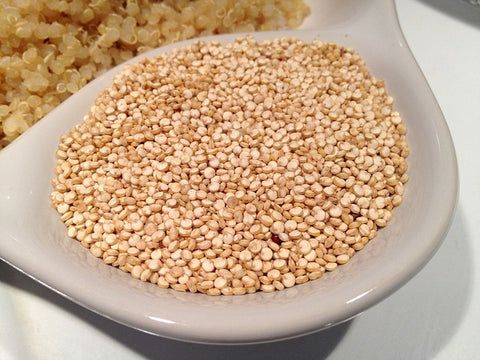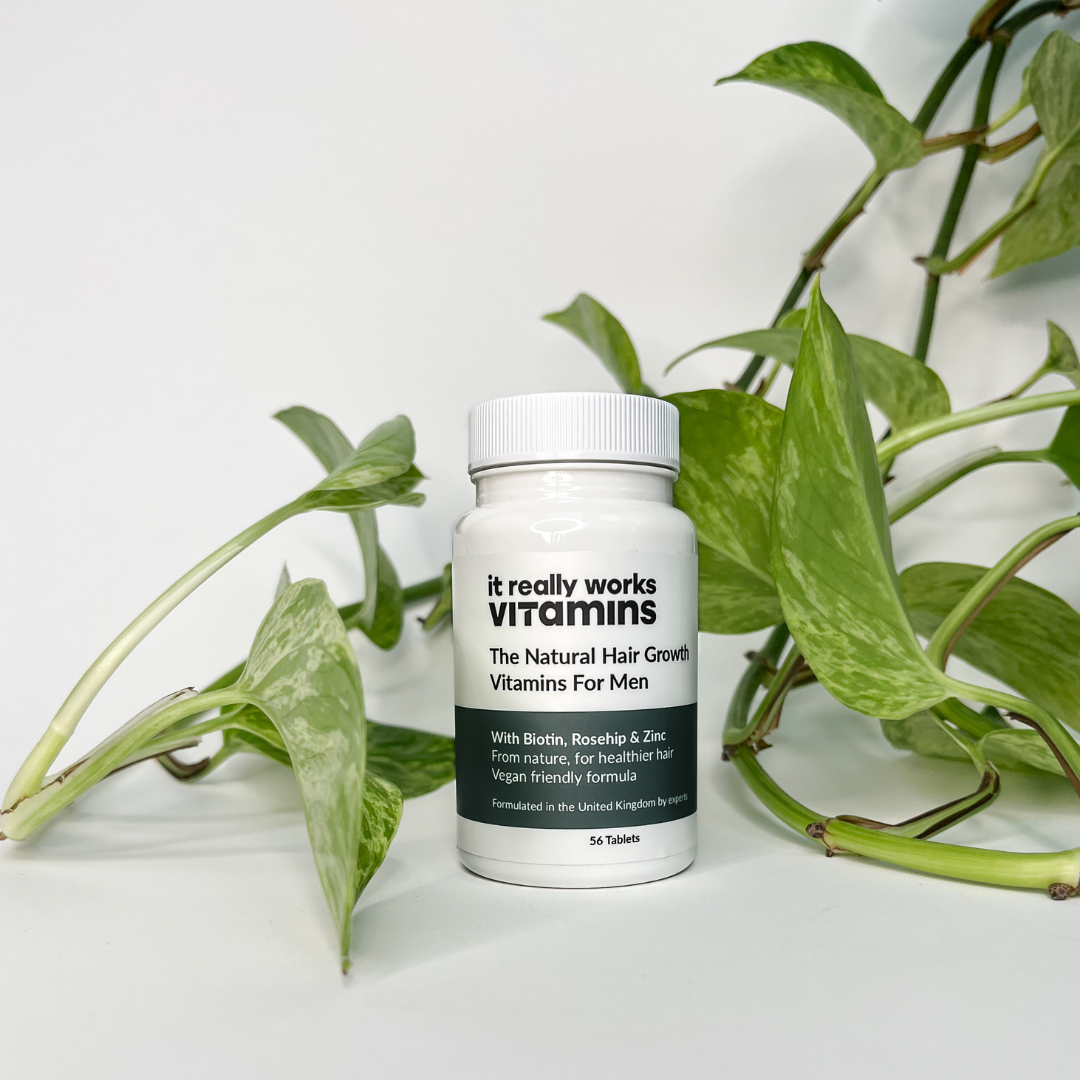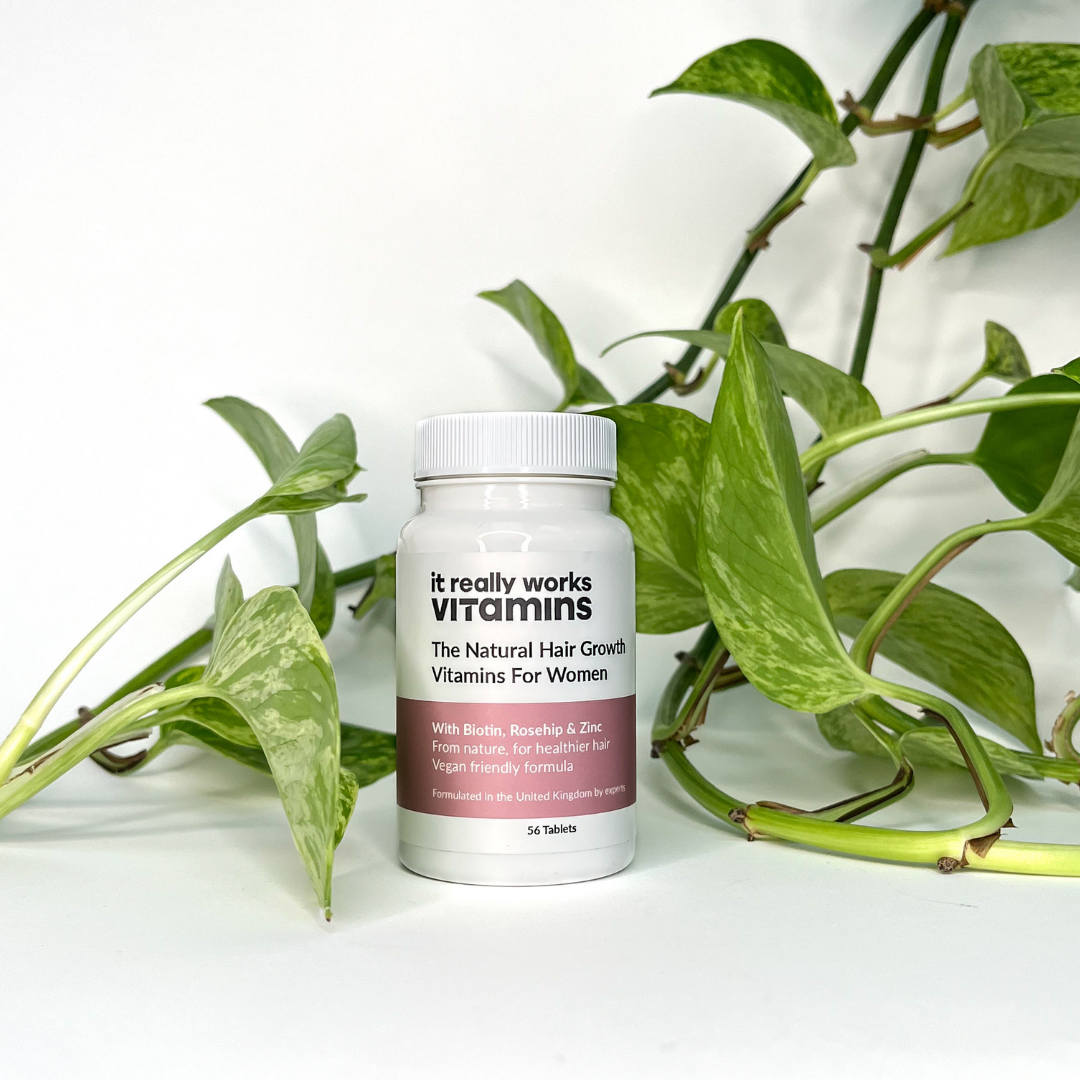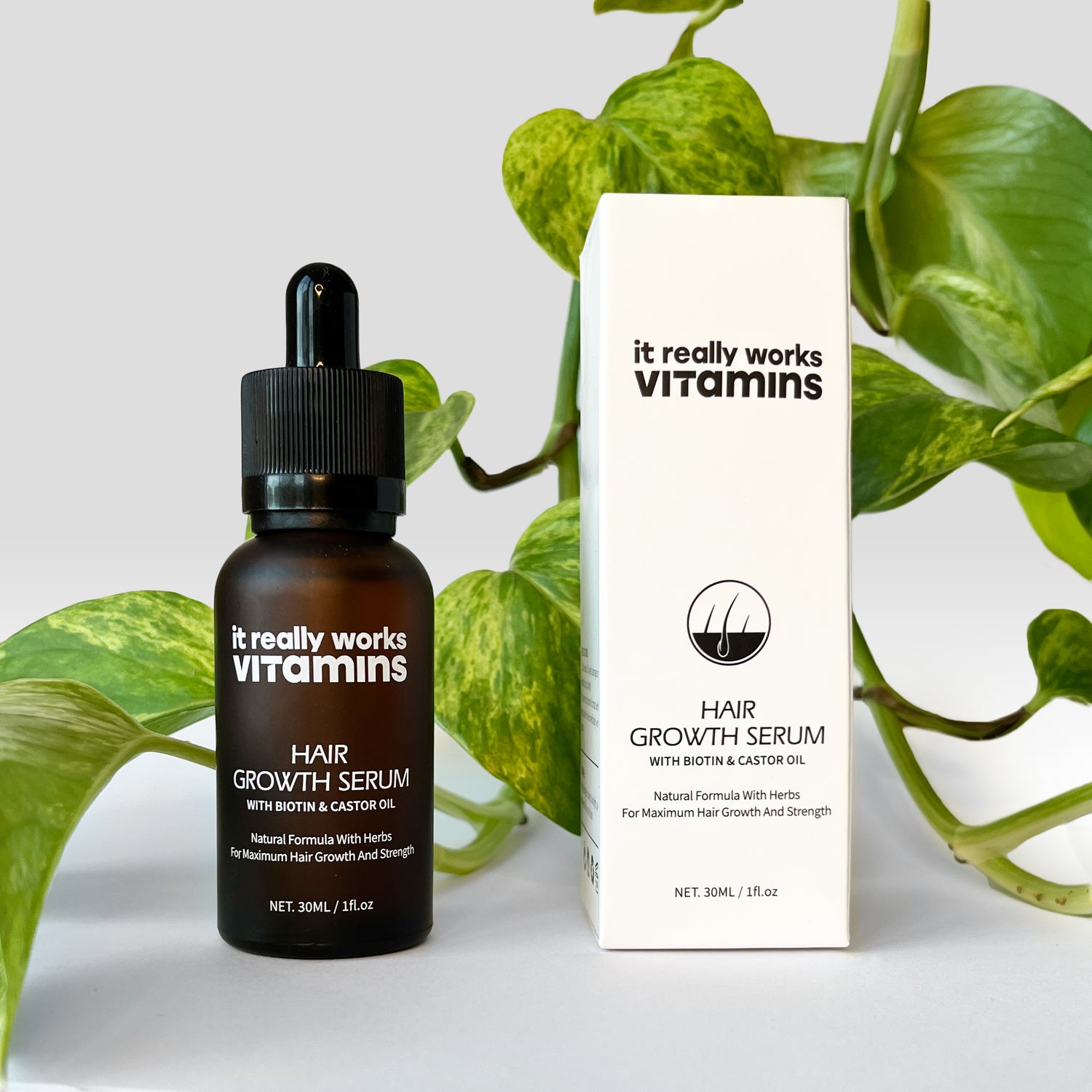In this blog we explore how Zinc can increase Testosterone levels, lower DHT levels and help to improve hair growth!
This is useful for both men and women - as Zinc is an extremely useful mineral for hair growth. However we will dwell a lot on a male hormone called DHT which is involved in the onset of male pattern baldness!
We explore how Zinc can be an excellent nutrient for healthy hair growth and can help to block the hormone DHT.

So let’s talk about what DHT actually is?
DHT stands for Dihydrotestosterone.
It’s a hormone produced in the skin, liver and testes.
- It’s responsible for developing male characteristics - maturation of the penis and scrotum at puberty, growth of facial, body and pubic hair, and development and maintenance of the prostate gland and seminal vesicles.
- High or excessive DHT levels are not the sole cause of hair loss.
- It’s actually hair follicle DHT sensitivity.
- In Genetically pre-disposed guys in certain areas on the scalp, their hair follicles are more sensitive to the effects of DHT
DHT is present in both men and women, but DHT related hair loss, otherwise known Androgenic Alopecia or pattern baldness affects much more men than women.
When flowing around your bloodstream DHT attaches itself to genetically susceptible hair follicles and shrinks them, Basically this is called miniturisation. And it gradually kills the hair follicle so that hair no longer grows there.
Worldwide about 1.1 billion people are zinc-deficient due to not getting enough zinc in their diet.
That’s 1 in every 7 people literally everywhere
Zinc is required for the functions of over 300 enzymes.
It metabolizes nutrients, maintains your immune system and grows and repairs body tissues - including the scalp and hair follicles
Not getting enough zinc in your diet can lead you to:
1.) Feeling under the weather a lot more, or having immune system issues
2.) Having a leaky gut , diarrhea or Irritable Bowel Syndrome
3) Having skin issues such as acne, eczema, dermatitis, psoriasis
4.) Thinning hair
As you can see Zinc is a mineral that's needed for overall wellness.
Zinc also plays a vital role in hair tissue growth and repair. It also helps keep the oil glands around the follicles working properly.

Your body can’t actually store zinc, so you need to make sure that you're eating enough every day to meet your daily requirements.
It’s recommended that men eat 11 mg of zinc per day, while women need 8 mg. However, if you’re pregnant, you’ll need 11 mg per day, and if you’re breastfeeding, you’ll need 12 mg.
You're at extra risk of developing a zinc deficiency, if you are:
- pregnant or breastfeeding
- A teenager
- elderly
- Or a young child.
Studies also show that zinc supplements can reduce hair loss caused by zinc deficiency
However, supplementing with too high of a dose can also contribute to hair loss.
With, It Really Works Vitamins - we’ve made sure to include Zinc as it’s one of the most important nutrients out there for healthy hair growth.
As well as Zinc, we have 21 other ingredients including:
- Rosehip
- Manganese
- Copper
- Biotin
We’ve been in Forbes - as The Best Nutrition Innovation 2018 & 19 and Shortlist Magazine as The Best Hair Regrowth Product for Men. Check us out at ItReallyWorksVitamins.com
Does Zinc Block DHT? It’s a little bit complicated.
Let’s take you through what happened in this study
The effects of zinc therapy on plasma testosterone (T), dihydrotestosterone (DHT), and sperm count were studied in 37 male patients who’d been experiencing idiopathic infertility for more than five years.
In the first group (T less than 4.8 ng/ml; 22 patients), T and DHT rose significantly after oral administration of zinc, as did the sperm count.
Nine wives became pregnant, six within 3 months and three within 2 months of a second trial.
In the second group (T greater than or equal to 4.8 ng/ml; 15 patients), T and sperm count were unaffected by zinc, while DHT increased significantly. There was no conception observed. The rationale of this treatment and the significance of the results are discussed.
But interestingly even though DHT increased - The enzyme 5-Alpha Reductase (which is responsible for converting Testosterone to DHT, actually decreased.
Zinc was shown to inhibit ( up to 98%)the enzyme 5 alpha reductase - and so in this way can help to reduce hair loss.
Zinc boosts testosterone.
Zinc is a favourite supplement of athletes due to testosterone’s effect on weight loss, energy, focus, and muscle mass.
But - it has been found that if you take too much Zinc - it can lead to Zinc toxicity - which can cause hair loss.
Overall, a lot more research is needed to confirm if Zinc can block DHT, but it looks as if Zinc does inhibit 5-Alpha Reductase.
When I developed my formulation for It Really Works Vitamins, I made sure that it contained:
- Zinc, which helps to inhibit 5-Alpha Reductase.
- Magnesium, which helps to prevent Calcium and DHT from building up on the scalp
- Niacin which encourages healthy circulation - which in turn keeps DHT moving!
Foods High in Zinc
To boost your zinc intake, it’s a good idea to stock up on:
Good Quality Dark Chocolate

Perhaps surprisingly, dark chocolate contains reasonable amounts of zinc.
100 grams of dark chocolate also contain 600 calories.
So while it provides zinc - it is also a high-calorie food so it can’t be relied on as your main source of zinc.
---
Red Meat

Red meat is a particularly great source
A 100-gram (3.5-ounce) serving of raw ground beef contains 4.8 mg of zinc, which is 44% of the Daily Recommended allowance of Zinc.
Although don-t go too wild eating red meat - indulging in large amounts of red meat, especially processed meat, has been linked to an increased risk of some cancers and heart disease.
-------
Legumes

Legumes which are:
chickpeas, lentils and beans all contain substantial amounts of zinc
But annoyingly, they also contain phytates which are antinutrients that inhibit the absorption of zinc and other minerals, meaning zinc from legumes isn’t as well absorbed as the zinc from meat and fish. So make the Zinc available, you have to cook, soak or fermenting can help improve its bioavailability.
Nuts

Almonds, pine nuts, peanuts and cashews and can really boost your Zinc intake!
Nuts also contain other healthy nutrients, including healthy fats and fiber, as well as a number of other vitamins and minerals. Did you know that people who eat nuts tend to live longer than those who don’t? Top fact!
Nuts have been linked to reducing risk factors for some diseases, like heart disease, cancer and diabetes
Another food group linked to a longer life are:
Whole Grains

Whole grains including oats, wheat, quinoa, rice contain some zinc but just like legumes, wholegrains contain phytates,
Phytates bind to zinc and reduce its absorption but they do also contain important nutrients like fiber, B Vitamins, magnesium, iron, phosphorus, manganese and selenium.
Shellfish

Shellfish are a really healthy, low-calorie source of zinc.
Oysters contain particularly high amounts or Zinc, just 6 medium oysters contain 300% of your Recommended Daily Allowance of Zinc
Just a reminder, if you are pregnant, make sure shellfish are completely cooked before you eat them.
Seeds

Some seeds like hemp, pumpkin, squash and sesame seeds contain significant amounts of zinc.They are also a great source of fiber, healthy fats and vitamins, you can try adding them to salads, soups, yogurts or other foods.
Dairy

Milk and cheese contain high amounts of bioavailable zinc, meaning most of the zinc in these foods can be absorbed by your body
100 grams of cheddar cheese contains about a third of your recommended daily allowance of zinc! Whilst milk contains around 1/10th
And before I forget,
Eggs
Eggs also contain around 5% of your daily recommended allowance of Zinc.

Remember It Really Works Vitamins contain 75% of your recommended allowance for Zinc. As Zinc is not stored in your body this is a great way to ensure you are not Zinc deficient.




